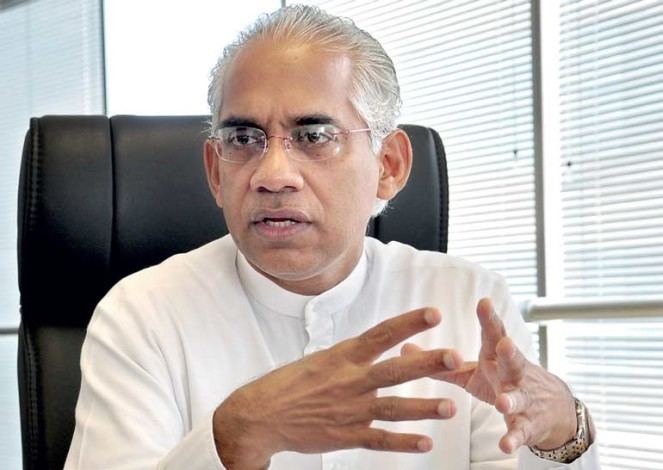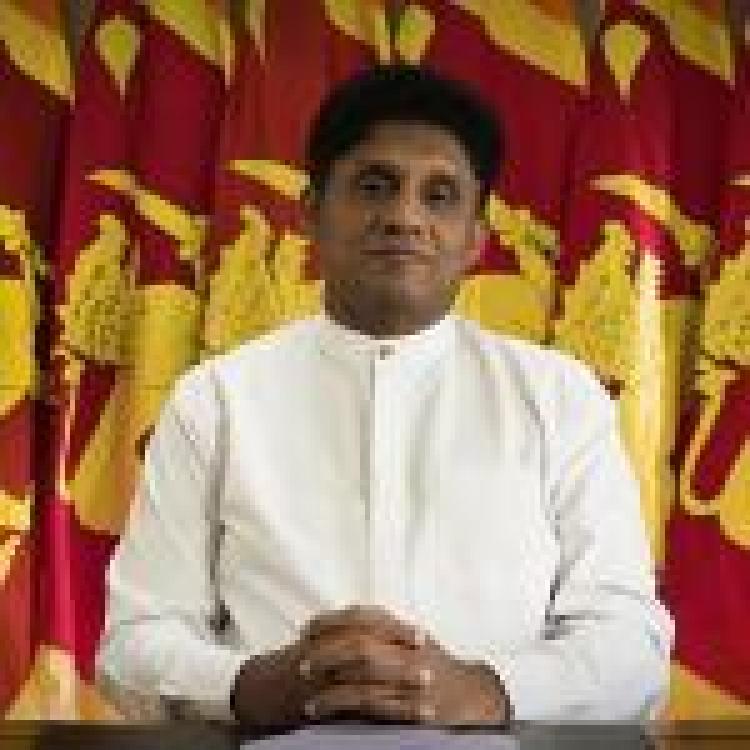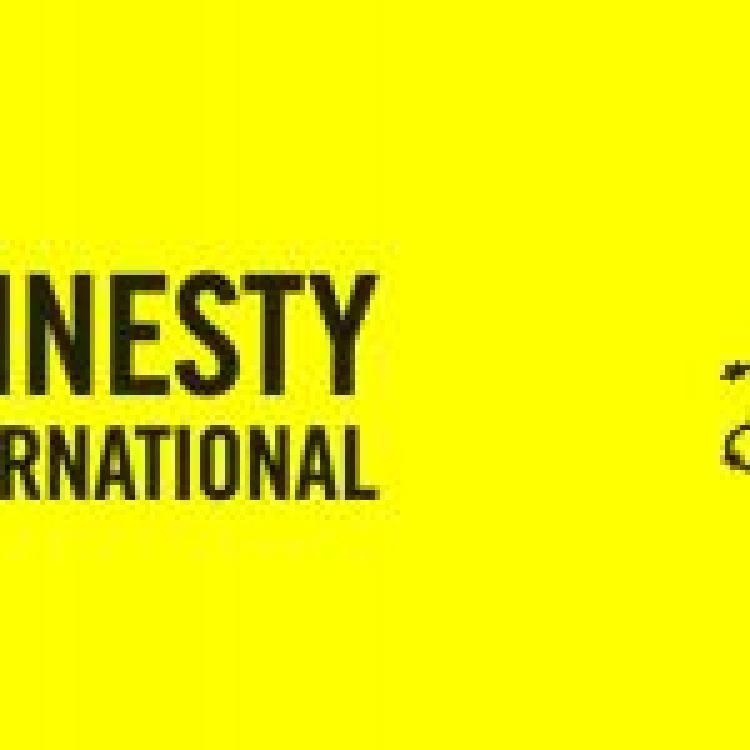
Responding to the UN resolution on Sri Lanka, former Finance Minister Eran Wickramaratne decried the government’s disastrous management of “foreign diplomatic relations” and raised concerns over the economic impact stating:
“We must not risk legal battles in foreign jurisdictions, travel bans, economic and trade embargoes. The economic consequences will be catastrophic”.
He further called for a “fresh diplomatic initiative” to avoid “a further economic and financial crisis within the next couple of years”.
In the UN High Commissioner for Human Right’s report, she highlights not only Sri Lanka’s historic abuses and on-going impunity but also the worsening human rights situation and warns of the increased risk of further violations. She further called on member states to consider imposing pursue accountability for war crimes through domestic courts under the principle of universal jurisdiction; imposing sanction and travel bans of senior Sri Lankan officials implicated in human rights violations; and, to consider referring Sri Lanka to the International Criminal Court.
Amnesty International representative, Hilary Power, hailed the passage of the UN resolution as “an important step forwards” but further called on UN members to take “concrete actions”.
In the UK, the British government has faced fierce criticism from opposition MPs for its failure to sanction “a single senior Sri Lankan government minister, official or military officer”. The US has already imposed a travel ban on Sri Lanka’s army commander, Shavendra Silva, and his immediate family, over allegations of war crimes and human rights atrocities.
Read Wickramaratne's statement here.




